At Swimlaboratory we provide expert insight on swimming pool care, maintenance, troubleshooting,
and chemistry through academic research, professional experience and laboratory testing.
Learn how to get clean water in your swimming pool all year long.
Pool Maintenance Guides
These pool maintenance guides will teach you everything you need to know. Pool maintenance is more than just keeping the water clean, it’s about ensuring a safe and enjoyable swimming experience. From draining water to managing filters and pumps, this pool maintenance guide covers everything. Discover simple yet effective strategies to maintain your pool’s appearance. Our pool maintenance guides provide the knowledge to keep your pool sparkling all season long.
Acid Pool Wash: How To Remove Lime Deposits From Your Pool?
When pool maintenance gets overlooked, and pH levels rise beyond 7.6, the unsightly phenomenon of lime deposits often rears its head. Although limescale poses no …
How To Get Rid Of Black Algae In Your Pool (7 Easy Steps)
Black algae are a common plague for swimming pools worldwide. Deceptively named, these organisms are actually cyanobacteria, capable of transforming a refreshing dip into an …
How To Get Rid Of Mustard Algae In Your Pool?
This variety of yellow-green algae, formally known as Chrysophyta, finds its way into pool waters through multiple avenues, from airborne pollen to waterfowl and even …
How To Get Rid Of Pink Slime Algae In Your Pool?
The pink hue in the pool is caused by a bacterium known as Serratia marcescens. More commonly referred to as ‘pink slime,’ this organism might …
How to Get Rid of Pool Foam Quickly?
Pool foam, a phenomenon often spotted on the surface of pool waters, is an indication of high organic content. This content comprises of substances which …
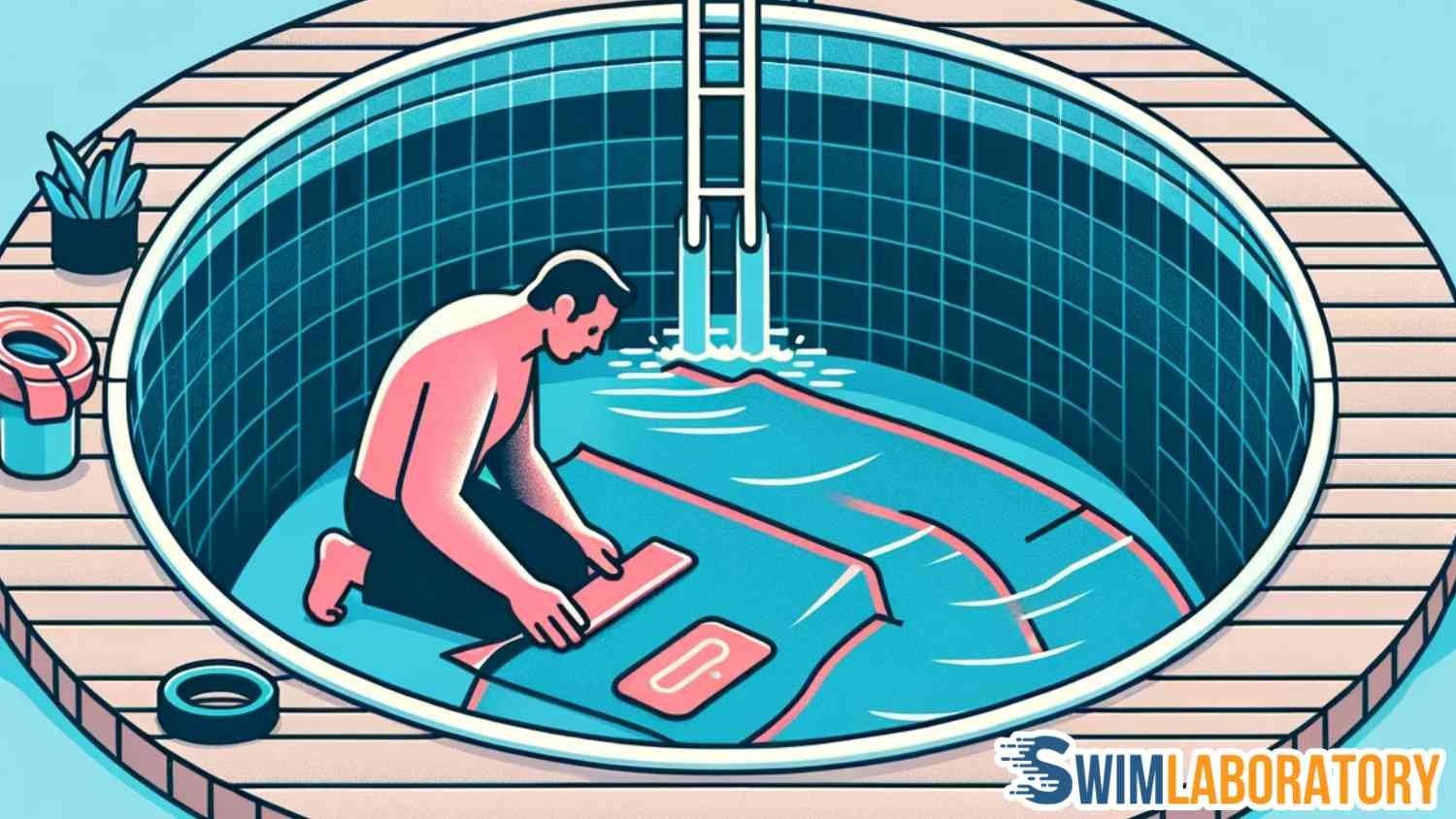
How To Patch A Pool Liner: Stop Leaks & Underwater Patch Repair
To patch a pool liner effectively is an essential skill for maintaining the structural integrity and functionality of a swimming pool. Pool liners, vulnerable to …
How To Remove Pool Stains: Iron, Lime, Algae
Pool stains constitute an unappealing blemish that detracts from the pristine allure of a swimming pool. They primarily emerge due to imbalances in water chemistry, …
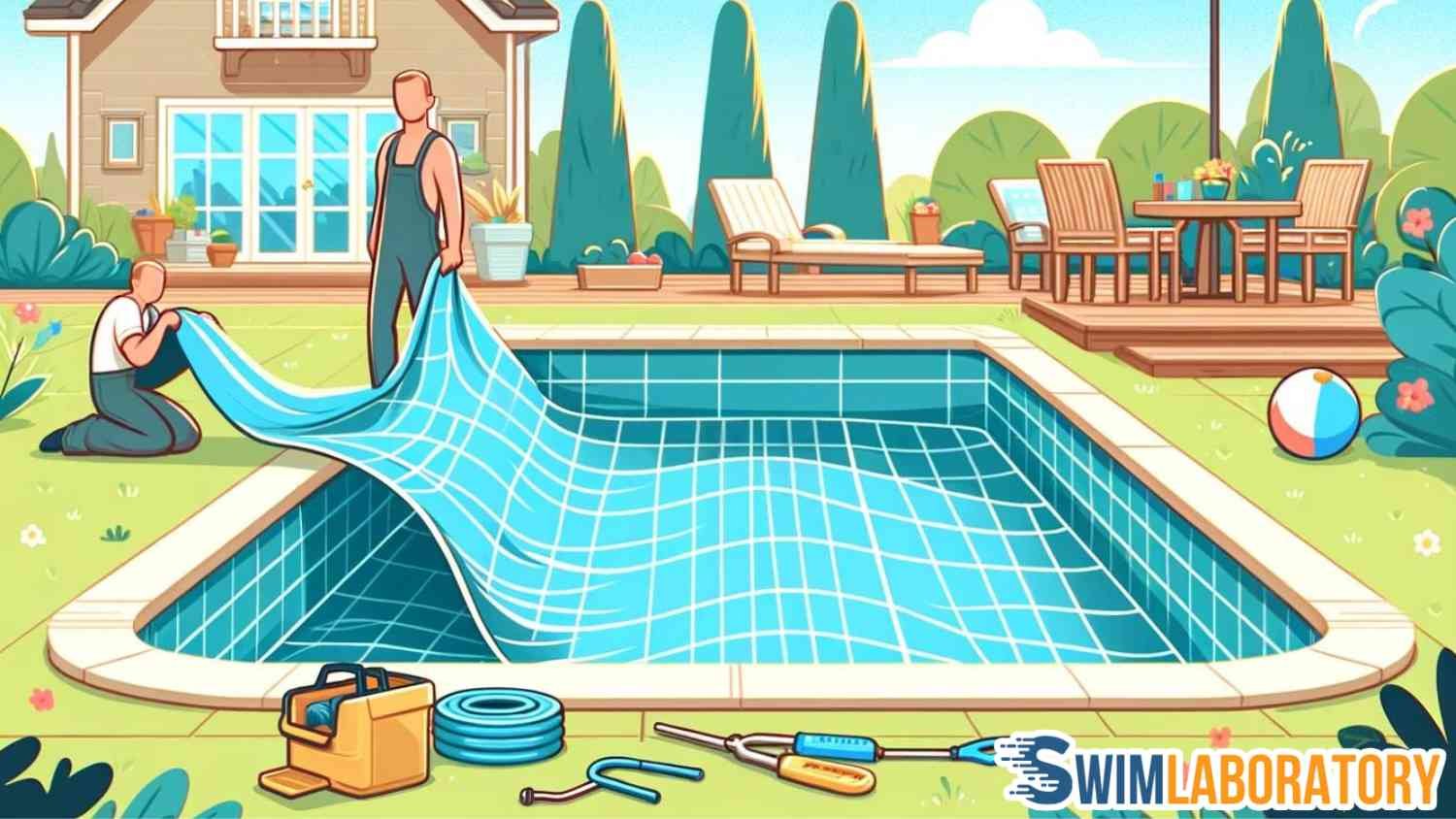
How To Remove Swimming Pool Liner Wrinkles In 9 Steps?
Removing pool liner wrinkles is essential for a well-maintained and safe pool. Wrinkles trap debris like dirt and leaves, making cleaning tough and promoting unwanted …
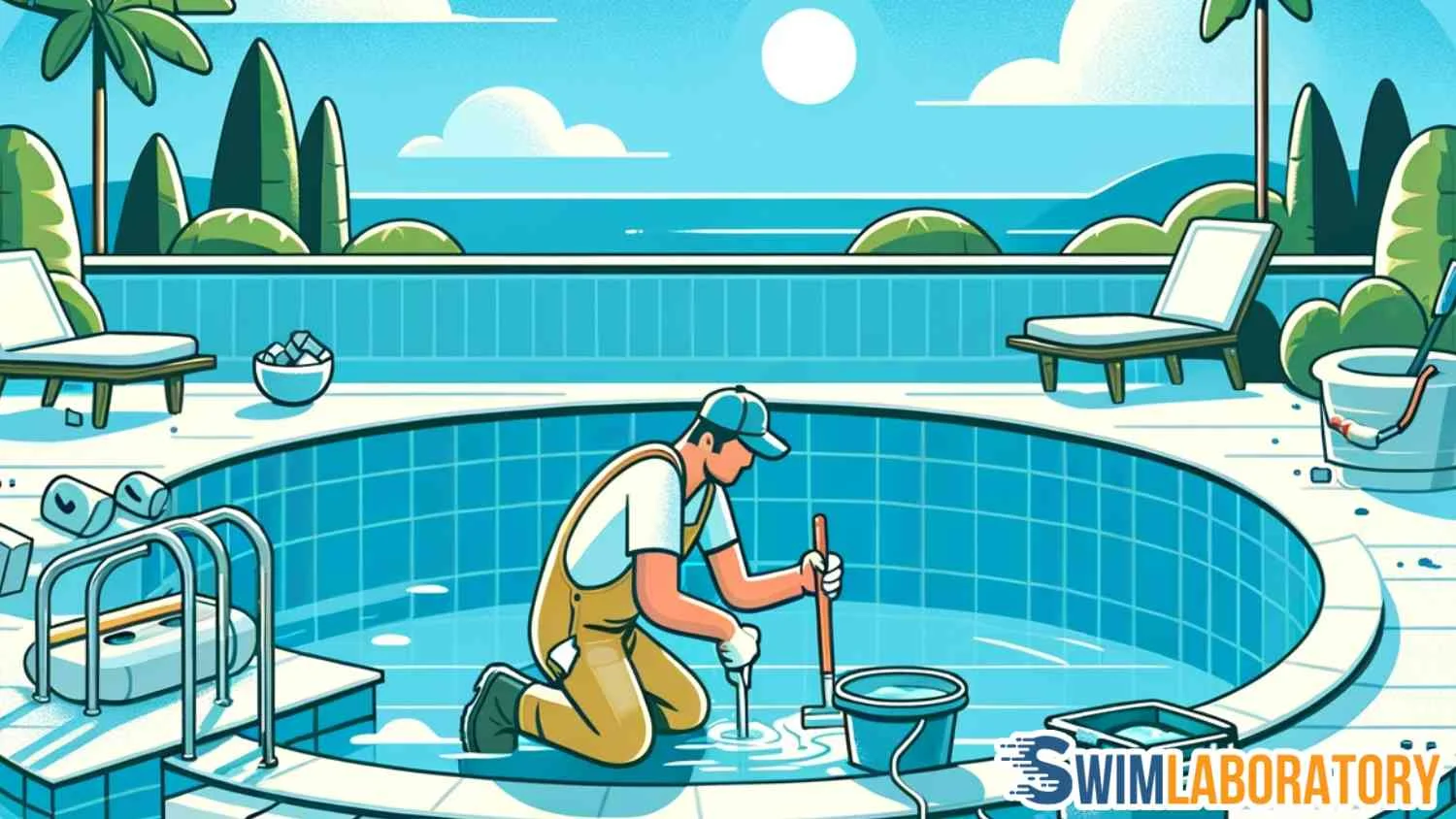
How To Repair Pool Plaster: Underwater, Empty Pool, Patching
Pool plaster repair is an essential aspect of maintaining the structural integrity and aesthetic appeal of inground swimming pools. The pool plaster repair process is …
Pollen In Pool: How Do I Remove Pollen Out Of My Swimming Pool?
The presence of pollen in the pool is a natural occurrence, borne by the wind or rainwater. It can be particularly pronounced for pools in …
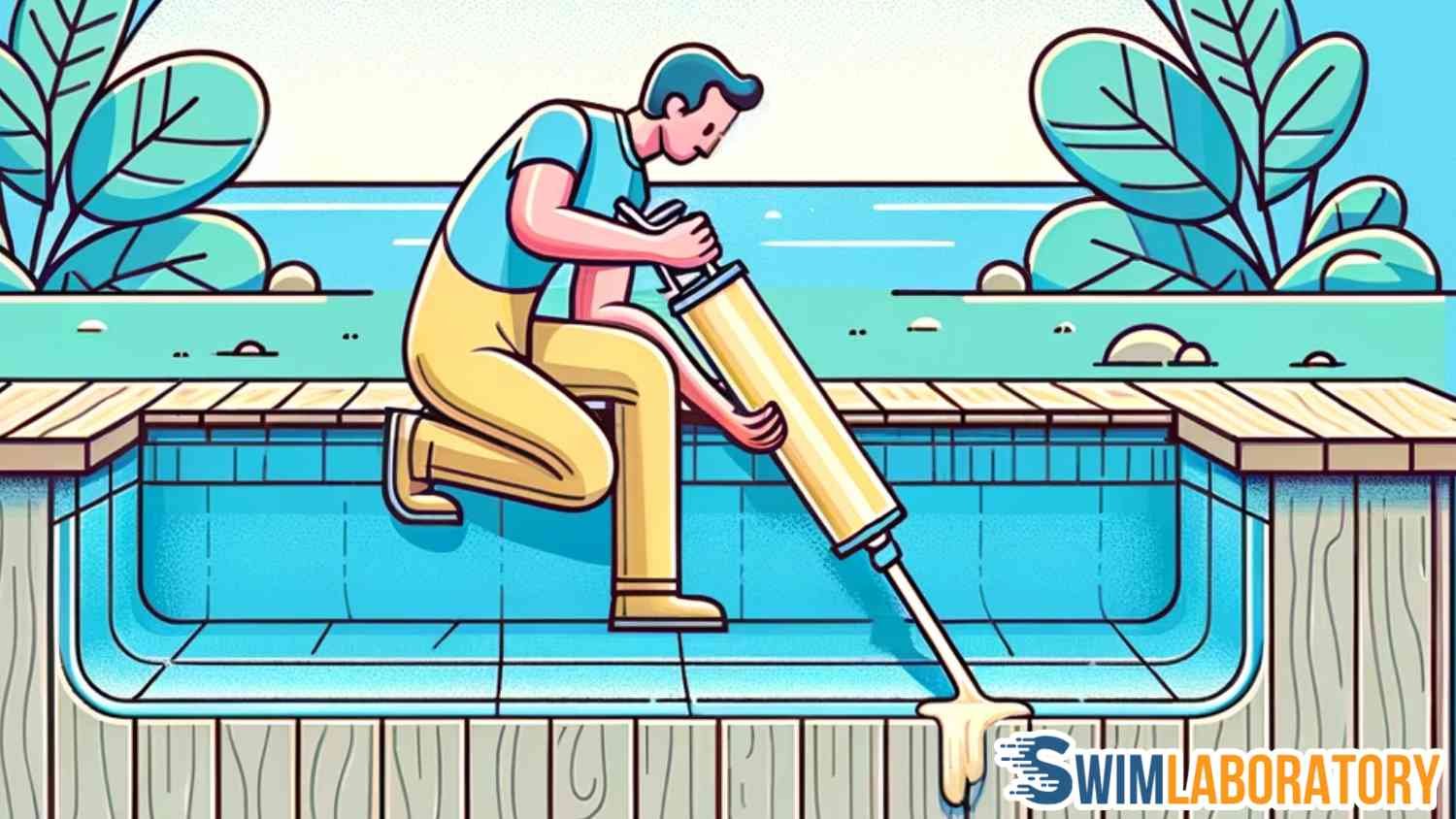
How To Replace Pool Caulking On Inground Pools?
Pool caulking plays a pivotal role in preserving the pool’s structural integrity and aesthetic appeal. Caulking acts as a barrier against moisture, preventing it from …
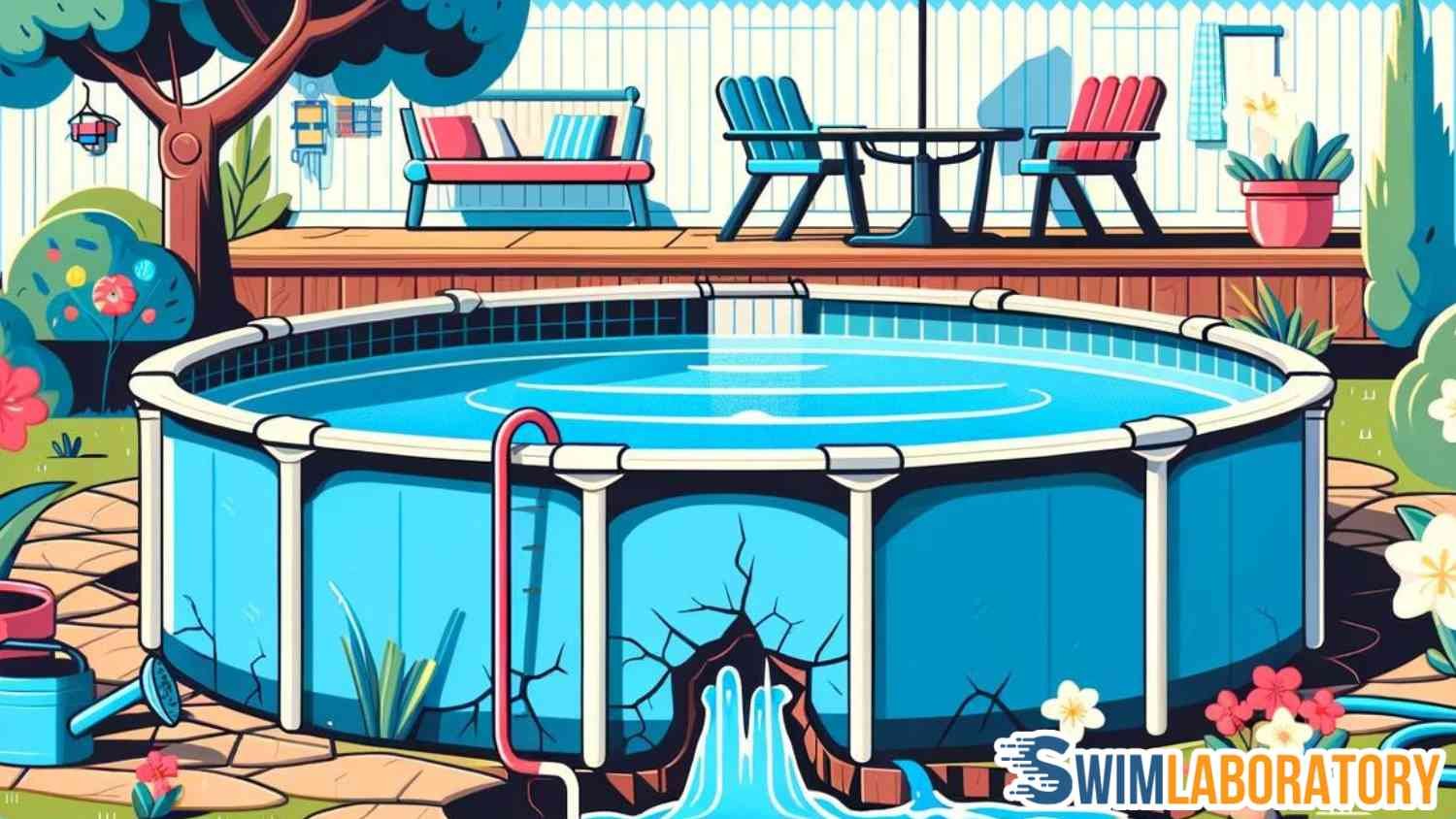
Pool Leak Detection: How To Find And Fix Pool Leaks Quickly?
Detecting and fixing pool leaks promptly is important for maintaining a pool’s integrity and operational efficiency. To determine if a pool is leaking, start by …
Sand In Pool: How To Remove Sand From Your Pool Bottom?
The presence of sand in a pool is often a result of several factors, ranging from bathers inadvertently carrying it in, sandstorms depositing it, or …
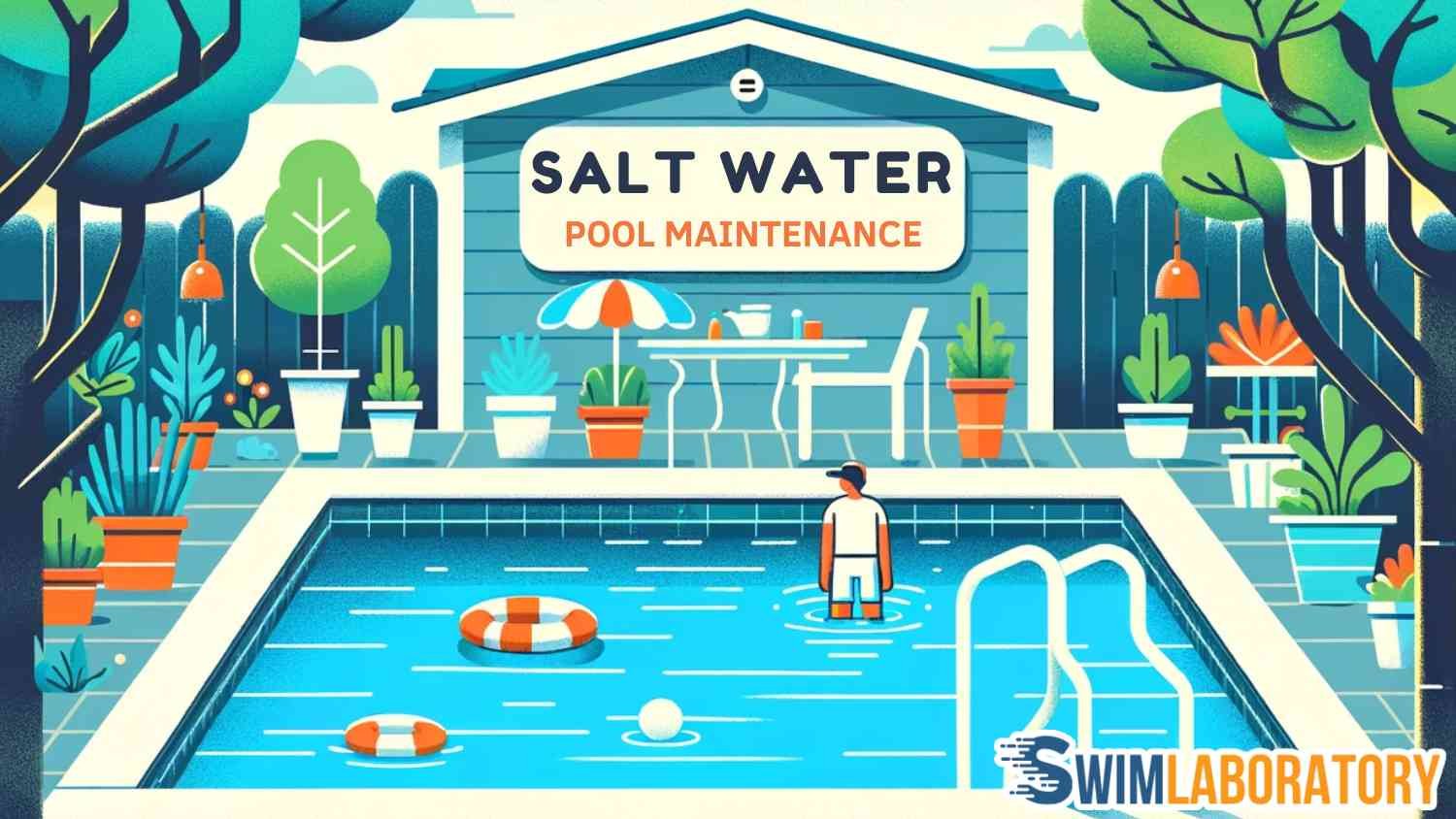
Salt Water Pool Maintenance 101: How to Keep it Clean?
This guide will teach you how to take care of a salt water pool for beginners. It will help you keep the salt water pool …
Swimming Pool Troubleshooting: How To Fix Pool Problems?
Pool water problems can make the water milky, cloudy or completely green. These changes are a visual problem and can indicate serious water quality issues …
